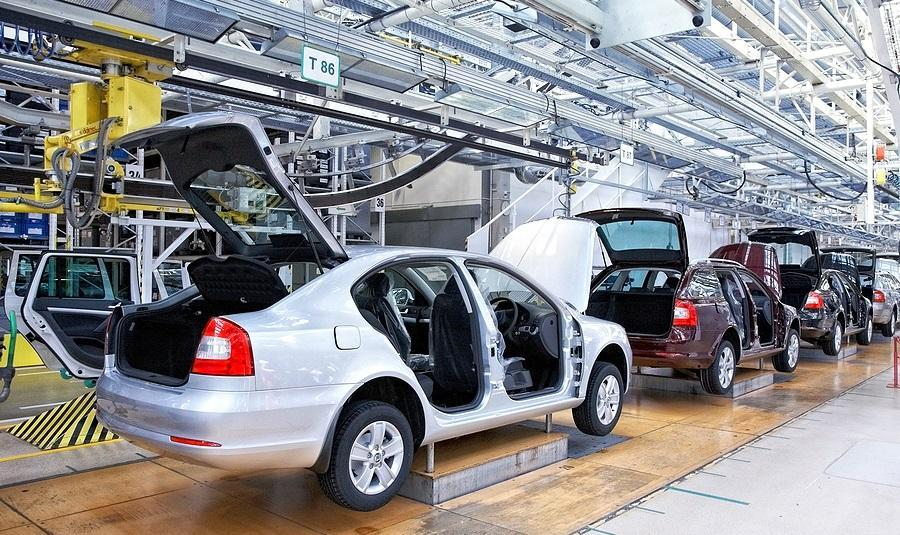Analysis

January 29, 2021
Nissan Truck Plant Hit by Chip Shortage, GM OK 'As of Now'
Written by Michael Cowden
A global microchip shortage could prove more disruptive to North American auto assembly plants than initially expected, according to some market participants.
Nissan’s truck assembly plant in Canton, Miss., has had to slow production because of the microchip shortage, the company confirmed.
General Motors–the largest automaker in the U.S.–has not been impacted “as of now,” a company spokesman said.
![]() Automakers have or have considered moving chips and others parts from abroad to the U.S. to maintain more profitable domestic operations, Steel Market Update understands. None have explicitly confirmed such plans to SMU on the record.
Automakers have or have considered moving chips and others parts from abroad to the U.S. to maintain more profitable domestic operations, Steel Market Update understands. None have explicitly confirmed such plans to SMU on the record.
“We’ve made some short-term production changes, starting with non-production days for the truck line at our Canton (Miss.) facility,” a Nissan spokeswoman said in an email.
The Canton plant has annual production capacity of approximately 450,000 vehicles. The Japanese automaker also operates U.S. plants in Smyrna, Tenn., and Decherd, Tenn.
“We continue to work closely with our supplier partners to monitor the situation and assess the longer-term impact on our operations,” the Nissan spokeswoman said.
General Motors and Honda issued similar statements.
“Our supply chain organization is working closely with our supply base to find solutions for our suppliers’ semiconductor requirements and to mitigate impacts on GM production,” a company spokesman said.
“As of now, we have not had regular production impacted,” the GM spokesman said.
Honda: “Due to a shortage of semiconductor microchips, Honda’s purchasing and production teams are currently evaluating this issue in the effort to limit the impact of this situation on our production in North America.”
South Korean automaker Kia, which operates a single U.S. assembly plant in West Point, Ga., said it has escaped unscathed thanks to pre-emptive steps taken in the fourth quarter when it first noticed potential issues with chip supplies.
“We had reviewed all possible items from October and had enhanced our supply chain management from around the end of year. Thanks to these various efforts, we do not see an immediate disruption in our production,” a Kia spokesman said.
The chip shortage has to date touched most automakers with U.S. operations to at least a certain degree.
Case in point: Toyota last month said the semiconductor shortage had impacted production of the Tundra pickup, which is made at its plant in San Antonio, Texas. And Subaru has had to scale back production at its assembly plant in Lafayette, Ind.
The chip shortage is also being felt in Canada and Mexico. Stellantis (previously known as FCA), for example, said it has scheduled “down time” at a plant in Brampton, Ontario, and delayed restarting a plant in Toluca, Mexico, because of the chip problem.
Ford and Audi did not respond to requests for comment for this article. Volkswagen could not be reached for comment.
By Michael Cowden, Michael@SteelMarketUpdate.com






